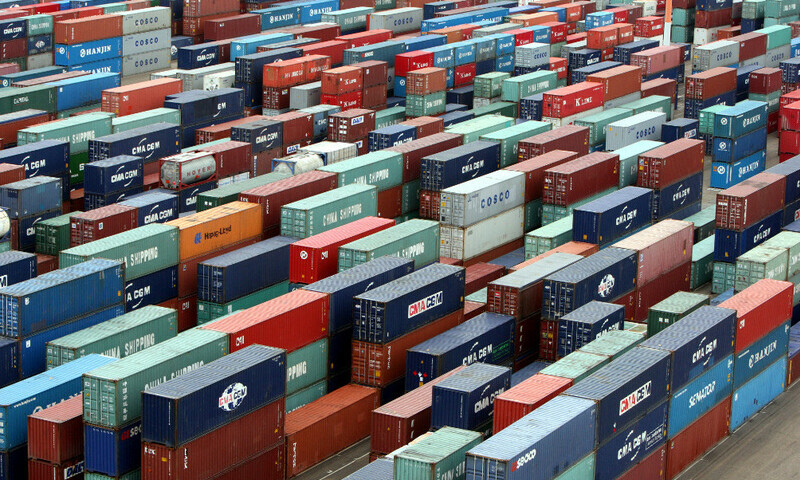ISLAMABAD: As major economies are set to impose sweeping new tariffs, the UN Trade and Development (UNCTAD) has warned that the global trade system is entering a critical phase — threatening growth, investment and development progress, particularly for the most vulnerable economies.
UNCTAD warns that global economic growth could decline further, and in a low-growth, high-debt global economy, higher tariffs risk weakening investment and trade flows — adding uncertainty to an already fragile context.
This should erode confidence, slow investment, and threaten development gains, particularly in the most vulnerable economies, UNCTAD says in a press release.
Economies with minimal responsibility for global trade imbalances are facing severe penalties — despite being the least equipped to absorb new shocks. Dialogue — not escalation — is the only path forward. The need for trade reform is clear. Trade imbalances, concentrated gains and outdated rules must be addressed — without affecting those least responsible.
“This hurts the vulnerable and the poor,” said UNCTAD Secretary General Rebeca Grynspan. “Trade must not become another source of instability. It should serve development and global growth,” she added.
For businesses and policymakers alike, unpredictability and uncertainty in trade and investment is becoming a serious obstacle to growth and planning.
Just 10 of the nearly 200 US trade partners account for almost 90 per cent of its trade deficit. Yet, for example, least developed countries and small island developing states — responsible for just 1.6pc and 0.4pc of the deficit, respectively — are being affected. They will neither help balance the trade deficit nor generate significant revenue.
Many low-income economies now face a “perfect storm” of worsening external conditions, unsustainable debt levels, and slowing domestic growth.
While the need for trade reform is clear, UNCTAD stresses that the solution must come through dialogue and negotiation. Trade imbalances, concentrated gains, and outdated rules must be addressed — without sacrificing those least responsible.
“This is a time for cooperation — not escalation,” Grynspan said. “Global trade rules must evolve to reflect today’s challenges, but they must do so with predictability and development at their core, protecting the most vulnerable.”
UNCTAD calls on decision makers to urgently reconsider the tariffs imposed on the vulnerable countries, as these measures could inflict great pain on millions of people.
Published in Dawn, April 6th, 2025


